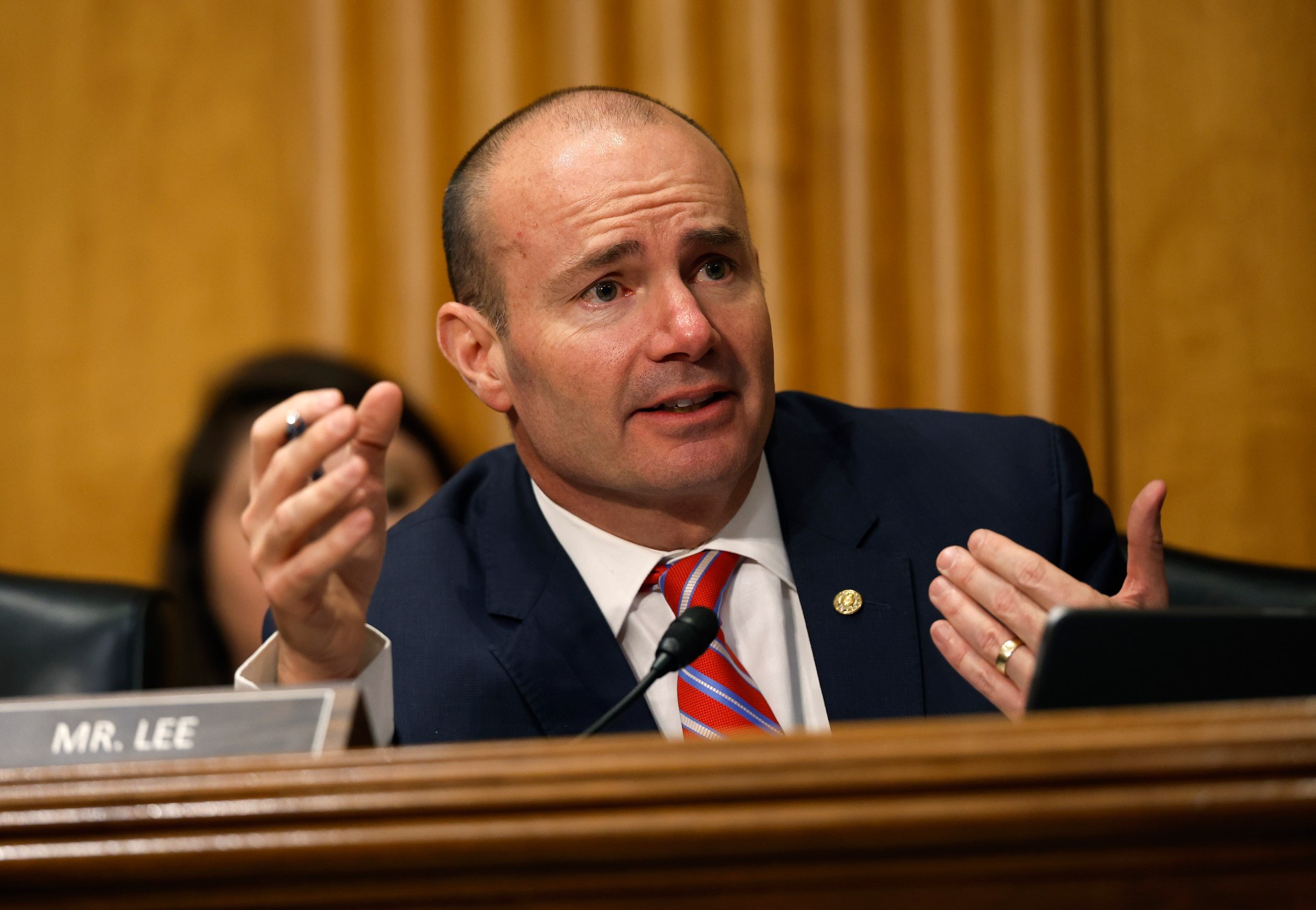Dear Dispatch readers,
Congress is out of session, so I don’t really know what to do with myself. I guess it is a bit of a break after a busy week.
Speaker Mike Johnson pushed Republicans’ budget resolution, a compromise between GOP leadership in the House of Representatives and Senate, through his chamber Thursday. It’s an important step toward using the budget reconciliation process to put through President Donald Trump’s legislative agenda on issues of taxes, spending, and funding for border security and national defense. It sure wasn’t easy though.
House leaders scheduled a vote for last Wednesday night on the Senate’s amendment to the resolution it passed earlier this year. Fiscal hawks and others were concerned that the new language did not contain a strong promise of the spending cuts they sought, and enough had threatened to vote against the legislation to kill it. Nevertheless, Johnson pushed forward. As the vote drew near, Johnson met with holdouts in a room outside of the chamber, keeping the rest of the House (and your devoted congressional reporter) waiting for over an hour.
Eventually, hope was lost and Johnson punted the vote to Thursday morning. Before the new vote time, he held a press conference with Senate Majority Leader John Thune to announce an agreement to cut $1.5 trillion over 10 years in the eventual reconciliation bill. That, plus a reported commitment from Johnson that holdouts could remove him if he does not follow through on his assurances, seemed to seal the deal.
The House passed the resolution Thursday morning. Now comes the hard part: Congress now has to figure out what to cut to achieve its spending goals, and with pledges not to cut welfare programs directly—only to cut “waste, fraud, and abuse” in them—we’ll see what they can do.
—Charles
Top Stories From the Dispatch Politics Team
The United States has just experienced more than a week of whiplash on trade policy, with Trump unilaterally implementing and somewhat easing off unexpectedly high tariffs—exactly the kind of “sudden hikes” in trade barriers that Lee once said could “wreak havoc” on Main Street. But in the Capitol this week, Lee told The Dispatch he has no plans to reintroduce an old bill to reassert congressional authority over tariffs or support a similar bill recently introduced by Republican Sen. Chuck Grassley of Iowa and Democratic Sen. Maria Cantwell of Washington.
Is Nebraska Rep. Don Bacon a throwback to the 1980s, a disappearing breed of Republican, or a swing-district moderate swimming against the tide of his party? He might be all three. Having held his seat since 2017 in an Omaha-based district that Kamala Harris carried in 2024 after Joe Biden won it in 2020, Bacon can hardly help but stick to the center. But does he see himself as a moderate?
As America inches toward the 2026 midterms, a potential powder keg is forming in California. With Republicans holding just a three-seat House majority and several competitive districts hanging in the balance, former Maricopa County Recorder Stephen Richer warns of a looming crisis if the Golden State’s notoriously slow vote counting determines control of Congress. Recent executive orders from President Trump—targeting mail-in ballots and a former cybersecurity chief who disputed Trump’s 2020 election fraud claims—may be setting the stage for something far more dangerous than just political frustration. What happens when the most powerful office in the land turns its attention to a handful of vote counters in California?
Initial internal polling suggests Sen. John Cornyn is in danger of losing renomination in 2026 to Ken Paxton, a close ally of President Donald Trump and favorite of grassroots Republicans despite myriad alleged misdeeds that led the Texas House of Representatives to impeach him in 2023. But the fourth-term senator’s theory of the case, GOP sources tell The Dispatch, is that Republican primary voters are only vaguely aware of Paxton’s ethical baggage and will reject the third-term Texas attorney general once educated by tens of millions of dollars in advertising.
Just as it’s no longer Ronald Reagan’s GOP when it comes to foreign policy, constitutionalism, and free-marketeering, it’s no longer the pro-protectionist Democratic Party of Dick Gephardt and organized labor … or is it? Democrats, it seems, are having a public conversation about how exactly the party should respond to the Trump administration’s let-’er-rip tariff policy. If they’re not careful, it could metastasize into a full-blown intraparty debate, the winner of which could determine how Democrats develop their trade and economic policy for the 2028 elections and beyond.











Please note that we at The Dispatch hold ourselves, our work, and our commenters to a higher standard than other places on the internet. We welcome comments that foster genuine debate or discussion—including comments critical of us or our work—but responses that include ad hominem attacks on fellow Dispatch members or are intended to stoke fear and anger may be moderated.
With your membership, you only have the ability to comment on The Morning Dispatch articles. Consider upgrading to join the conversation everywhere.